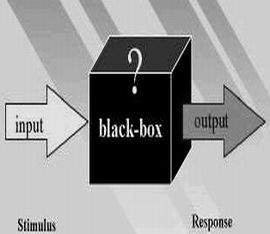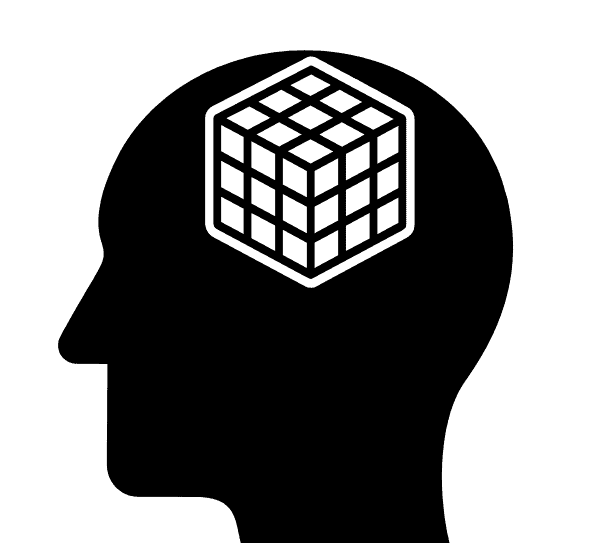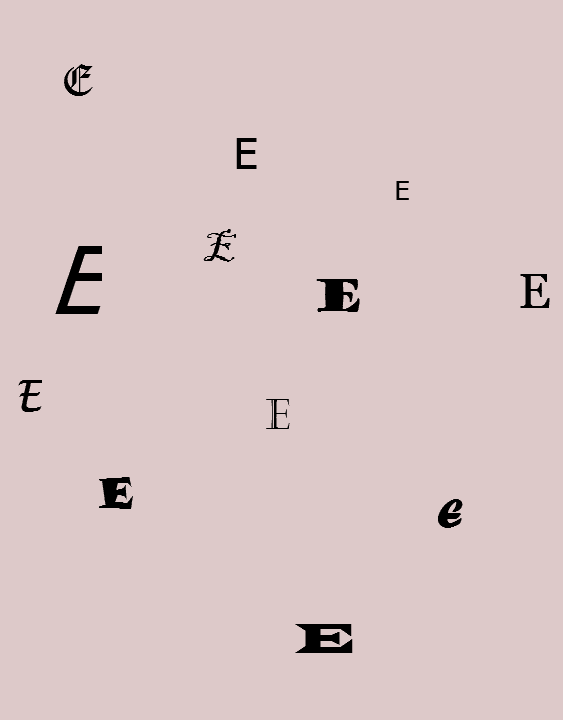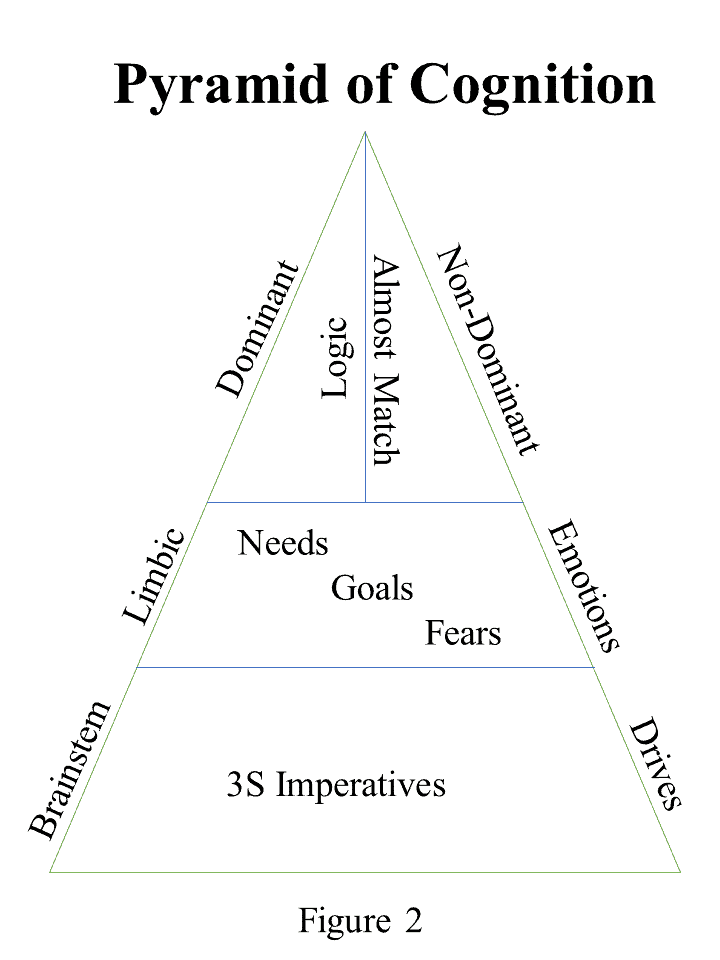Learning by Ignoring Details
Lately I have been trying to see if I can program the Propeller microcontroller chip to act like a neuron. Using the Hydra kit—propeller chip, SPIN programming language, and peripheral drivers pre-coded for a game machine—I’m overwhelmed by the eight hundred page guide, the intricate links between the components, and the electrical know-how presumed but beyond me. There were often sentence after sentence using terms and ideas that I only had a flimsy grasp of.
Intuitive Method
Reflecting back on my method, I see that I am willingly, in fact predisposed, to ignore details, all the while searching for an overall understanding. Only when, directed by my shaky understanding, a possible path to neuron operations emerges from the fog, I go back to see how to accomplish its steps.
Black Box

Underneath I am wishing some details are done by someone else, so that I can focus on the overarching problem. I’m desirous of treating much of the glue, holding the solution steps together, like the black box in the figure, difficult but not of intrinsic interest to me.
I generalize more readily than I learn details.
Finite Brain
This can be viewed as an intuitive acceptance of the limitations of a finite brain—that is, working memory can only hold so many aspects at once. Too much attention to sub-problems and I’ll never be able to solve my prospective use.
My tendency to generalization also indicates that my Almost Gate is not high.








